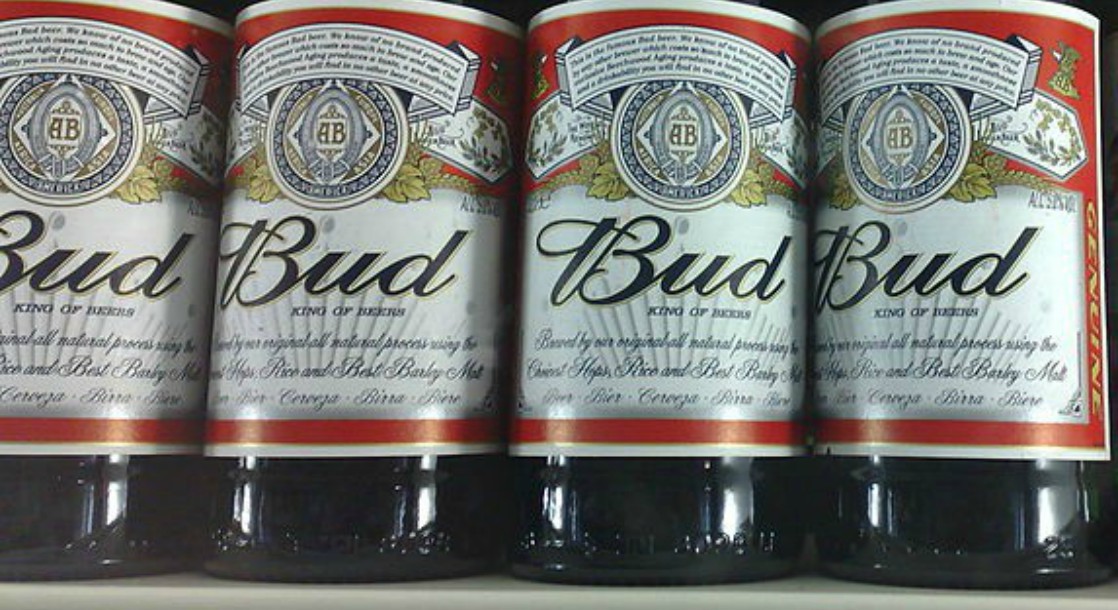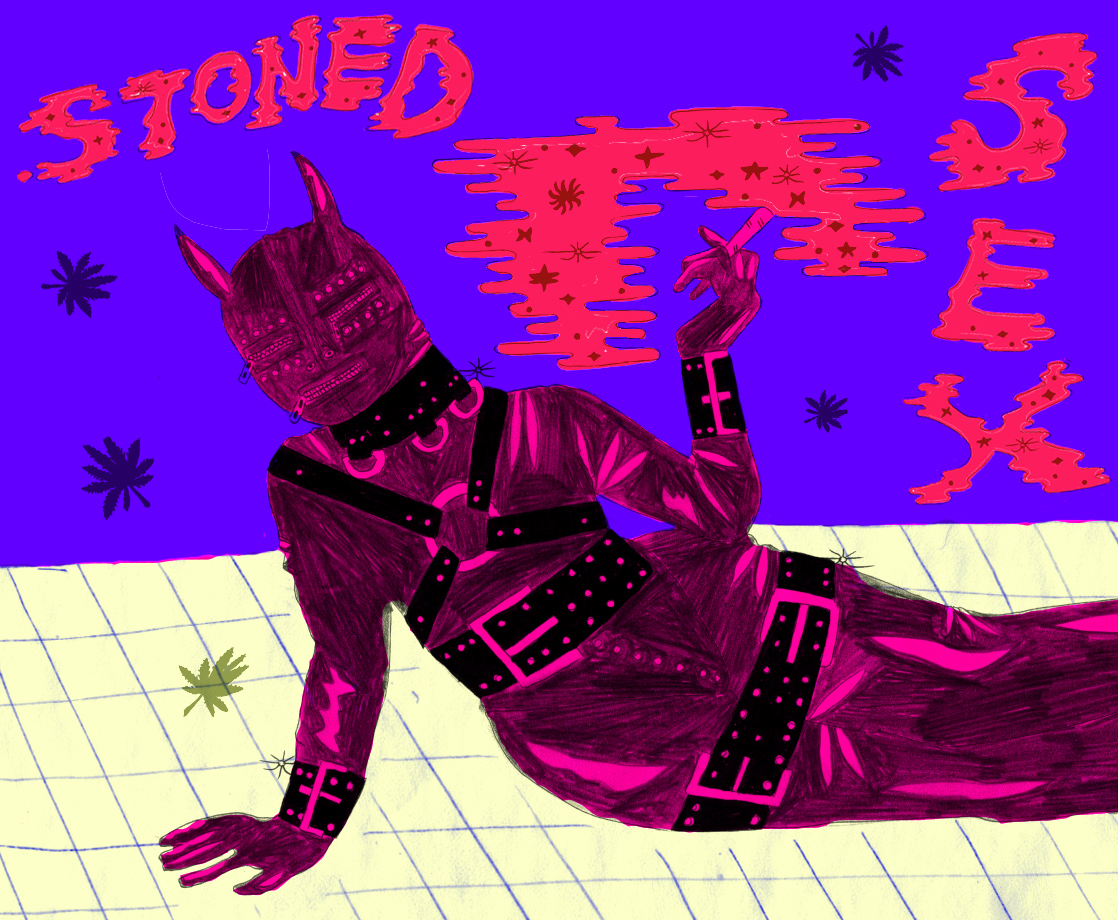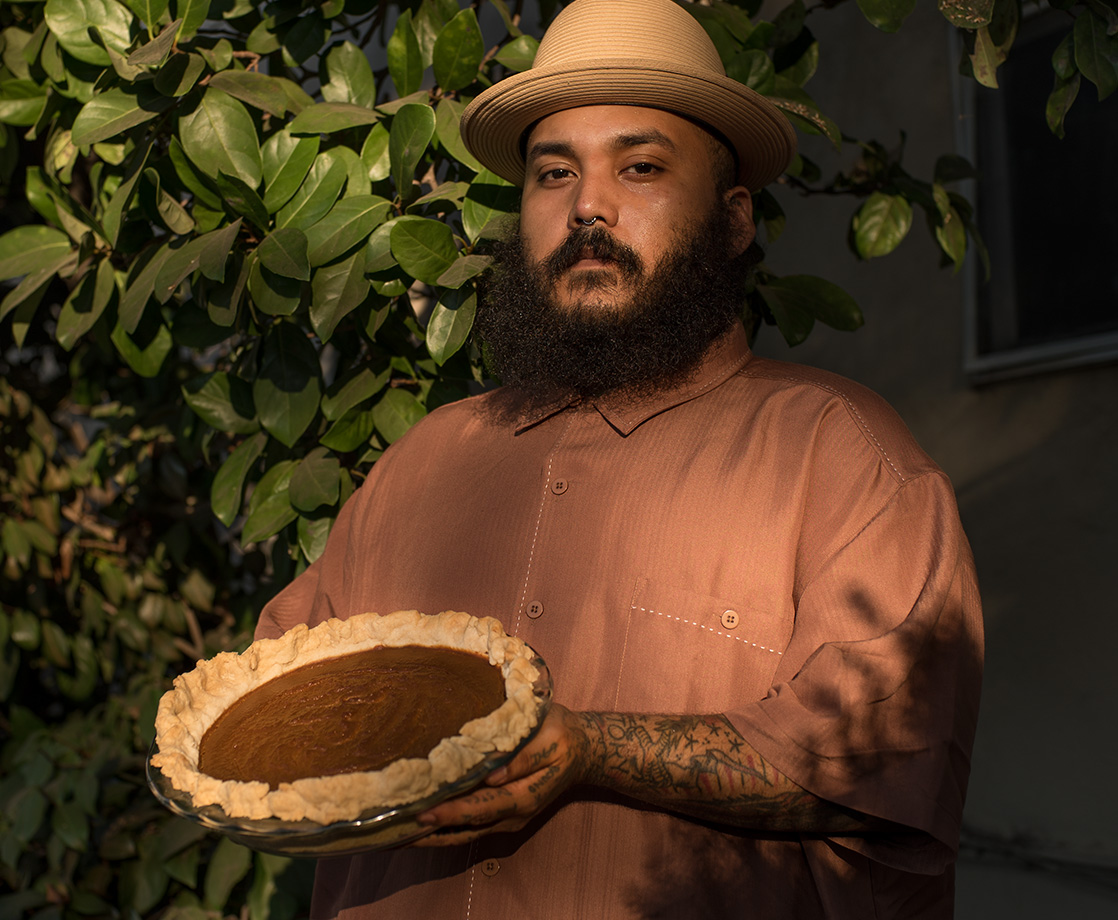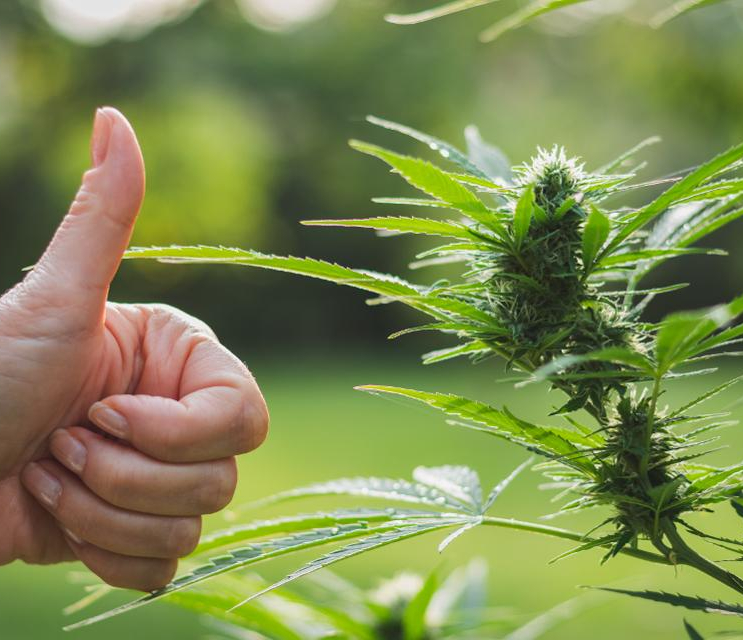If you've ever spent time around self-described beer nerds, you probably already know that the micro-universe of craft suds shares many qualities with the cannabis community. Right down to the proclivity for loud facial hair, the folks scientifically examining the salt content of their favorite sour beers aren't too different from the people using magnifying glasses to inspect the trichomes on the latest batch of Sour Diesel.
With the world's legal cannabis industry progressing further into society's mainstream every day, a profile from Bloomberg News on Chris Burggraeve — former chief marketing officer for Anheuser-Busch InBev turned cannabis investor and entrepreneur — highlights how people in the beer industry are aiming to get a piece of the increasingly attractive Green Rush.
In the past, beer and cannabis collaborations typically involved small-scale partnerships, such as when Golden State brewery Lagunitas linked up with Northern California's Absolute Xtracts to sell terpene-infused beer and hop-flavored vape cartridges. Because the products were only sold in California as extremely limited editions, while explicitly avoiding mixing THC and alcohol, the releases exemplified the craft nature of both products, without pushing too many legal boundaries.
Like every aspect of the still-burgeoning cannabis industry, however, it was only a matter of time before big alcohol corporations decided it was worth testing federal prohibition to formally enter the legal weed game. Last month, global booze giant Constellation Brands invested $191 million in Canopy Growth, Canada's largest publicly traded cannabis company, with their eyes on producing a THC-infused, non-alcoholic beverage for the Great White North's coming cannabis market.
For Burggraeve, who left his high-ranking position at the world's largest brewing conglomerate five years ago to get a leg up in the West Coast's legal cannabis industry, the ties between beer and bud are obvious.
"This is one of the fastest-growing categories globally," Burggraeve told Bloomberg. "Why? Because people want it. When consumers want something, you ignore it at your peril."
Since leaving Anheuser-Busch InBev, Burggraeve has joined the advisory board of San Francisco-based cannabis startup GreenRush Group, and co-founded Toast, a luxury pre-rolled joint company.
Like the craft beer boom before it, Burggraeve believes that cannabis companies have an opportunity to disrupt the beer industry, as well as cash-out in partnerships that give booze magnates credibility in the legal weed world. (For example, the previously mentioned Lagunitas Brewing Company began as an independent operator in California, but is now entirely owned by the global brand Heineken International.)
"The same way that craft beer started and, for the longest time, was ignored and then exploded, there's no reason why the same thing wouldn't happen in this space," Burggraeve told Bloomberg. "There will be part supplementing and part complementing. The jury is out on how and where that will happen."
But while some beer companies are still weary of investing millions of dollars in an industry that is still illegal in the eyes of the federal government, increased research into the chemical similarities between the cannabis plant and the hops that flavor beer are giving companies an entirely new angle to approach the intersection of beer and weed.
Debuting today at MJBizCon in Las Vegas, global cannabis brand Isodiol will debut a proprietary time-released CBD tablet derived entirely from hops. Because hops contain naturally-occurring cannabidiol, but no THC, the company says that their product will soon be available worldwide.
Constellation Brands' cannabis investment and Burggraeve's own canna-ventures have all expressed direct interest or involvement in THC products. But with the beer industry already acting as the world's largest purchaser of wholesale hops, Isodiol's move to market legal CBD products could potentially open up an entirely new avenue for brewers looking to go green.
"Cannabis is accepted by less than 10% of the world, while the hops plant is accepted universally," said Marcos Agramont, CEO of Isodiol, in a press release sent to MERRY JANE. "This significant expansion of the global marketplace, paired with our ability to manufacture and distribute the product worldwide, gives us access to practically every country and avails this product and subsequent products to the global marketplace."
Burggraeve is confident that the demand for cannabis is so large that booze companies looking to stay relevant will have to conform to cannabis in some form or fashion, whether they want to or not.
"It will all merge and cross-fertilize and fuse," Burggraeve told Bloomberg. "Not because the companies want it, but because the consumers want it."
Follow Zach Harris on Twitter











